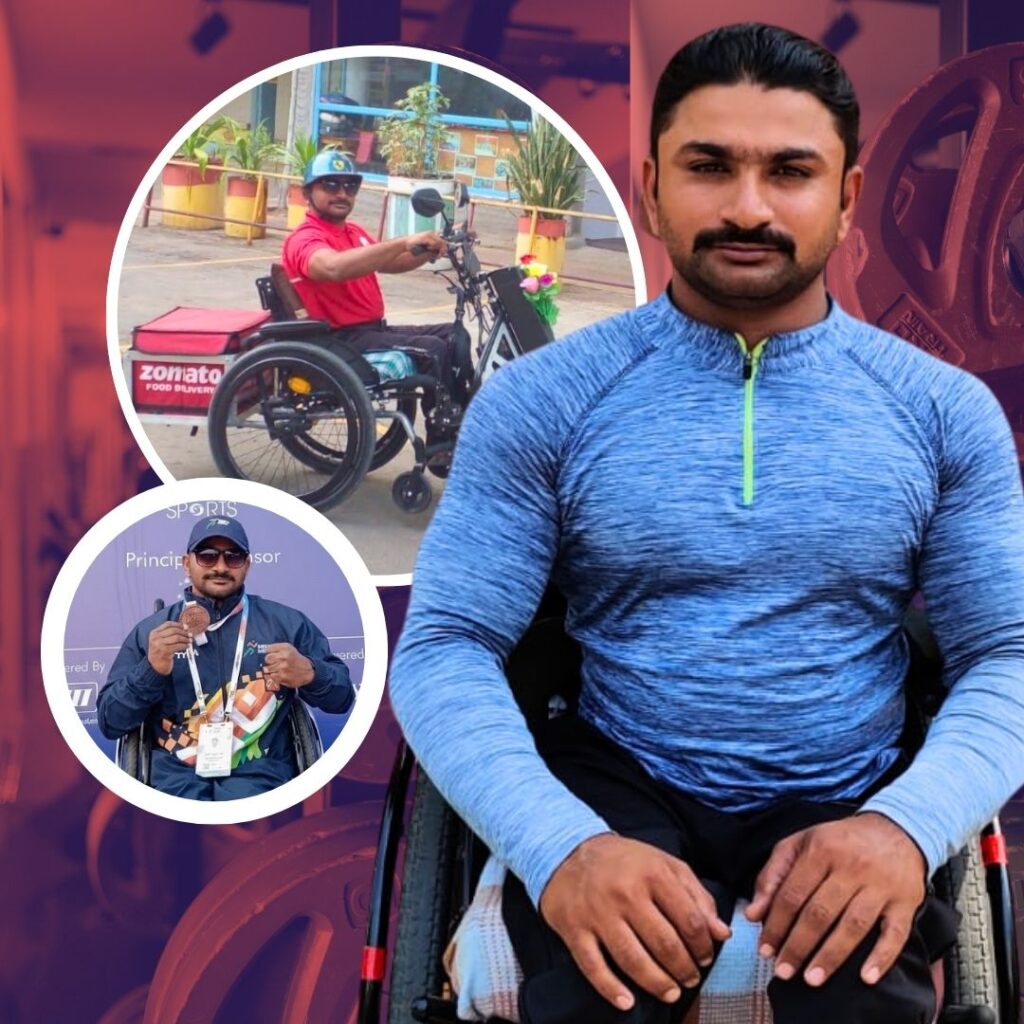A recent tragic incident in Mumbai has drawn attention to marital conflicts and the need for gender-neutral laws. Nishant Tripathi, a 41-year-old animator, took his own life in a hotel room on February 28, leaving behind a poignant suicide note on his company’s website. In the note, he blamed his wife, Apoorva Pareek, and her aunt, Prarthana Mishra, for his death while expressing enduring love for his wife.
The police have registered a case against his wife and aunt under Section 108 for abetment to suicide. This incident follows a series of similar cases, sparking debates on gender-neutral laws and marital harassment.
The Tragic Incident Unfolds
Nishant Tripathi’s body was discovered by hotel staff after they used a master key to enter his room at the Sahara Hotel in Vile Parle, where he had checked in three days prior. His suicide note, addressed to his wife, conveyed a mix of love and blame.
“Hi babe… By the time you read this, I’ll be gone. In my last moments, I could’ve hated you for everything that happened, but I don’t. For this moment, I choose love,” he wrote. He also requested that his mother not be approached during her grief, stating that his wife and her aunt were responsible for his death.
The police investigation is ongoing, with no arrests made yet. The note’s emotional tone highlights the complexity of the situation, where love and blame coexist. Tripathi’s mother, Neelam Chaturvedi, has expressed her grief and alleged that her son faced harassment from his wife and her aunt. She seeks justice for his death and has been vocal about the need for a thorough investigation.
The family’s statements underscore the emotional turmoil and legal complexities involved in such cases. As the investigation unfolds, it is crucial to consider the perspectives of all parties involved to ensure a fair and just outcome.
Background and Context
This incident comes amid a broader discussion on gender-neutral laws following similar cases of alleged marital harassment. Recently, there was the case of Atul Subhash, a Bengaluru-based techie who accused his wife and her relatives of harassment in a detailed suicide note.
Nishant Tripathi’s case adds to these concerns, highlighting the complexities of marital relationships and the legal framework surrounding them. The debate on gender-neutral laws is gaining momentum, with many arguing that current laws often favor one gender over the other, leading to unfair treatment in marital disputes.
The legal system faces challenges in addressing these complex issues. While laws like the Domestic Violence Act are designed to protect victims of domestic violence, there are concerns about their misuse. Advocates for gender-neutral laws argue that both parties should have equal protection and rights in marital disputes, ensuring that no one is unfairly targeted or victimized.
This approach could help reduce the number of tragic incidents like Nishant Tripathi’s by providing a more balanced legal framework for resolving marital conflicts.
The Logical Indian’s Perspective
The Logical Indian emphasizes the importance of empathy and understanding in addressing marital conflicts. It is crucial to foster environments where individuals feel supported and heard, rather than driven to extreme measures.
The debate on gender-neutral laws underscores the need for a more inclusive approach to marital issues, ensuring that both parties receive fair treatment under the law. This includes promoting dialogue, counseling, and legal reforms that prioritize mutual respect and understanding.
As we reflect on these tragic incidents, we must ask: How can we create a society where individuals feel empowered to seek help and resolve conflicts peacefully, rather than resorting to such drastic actions?
Encouraging open discussions about marital issues, supporting mental health initiatives, and advocating for legal reforms can help prevent similar tragedies in the future. By fostering a culture of empathy and understanding, we can work towards a more harmonious and supportive society for all.
Harassed by Wife, Mumbai Man Ends Life in Hotel Room
— Satyaagrah (@satyaagrahindia) March 7, 2025
Mumbai witnessed yet another tragic case of alleged domestic harassment, as 41-year-old Nishant Tripathi took his own life in a hotel room. Seeking solitude in his final moments, Tripathi checked into the Sahara Hotel, placed… pic.twitter.com/hpEe1NAdco












